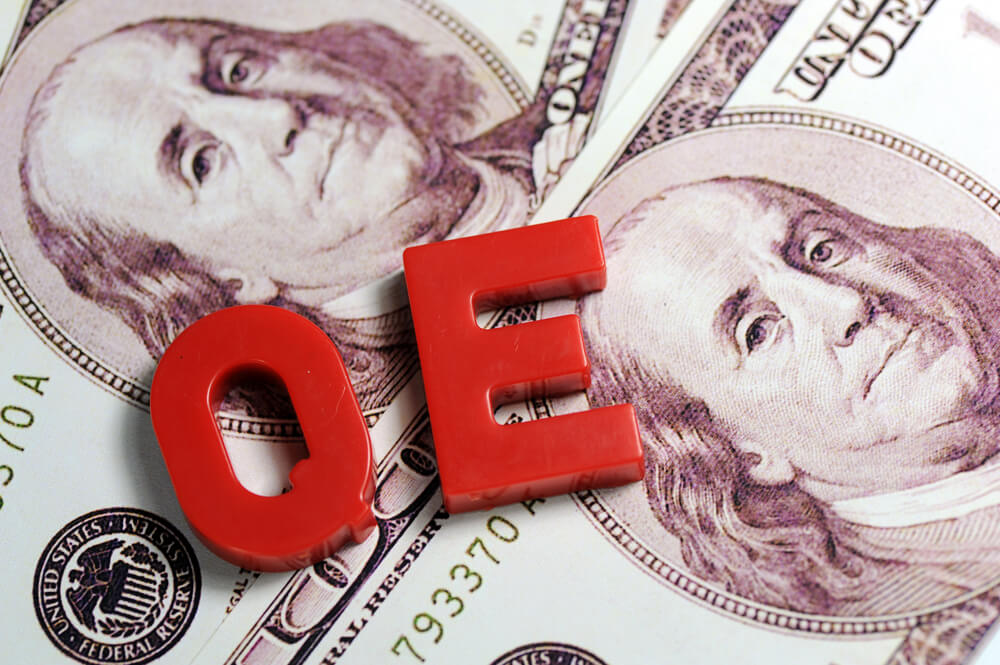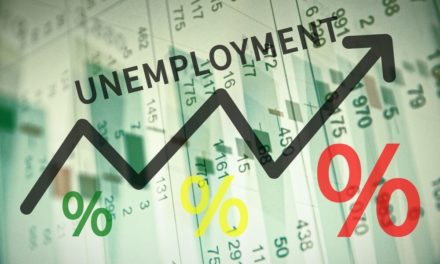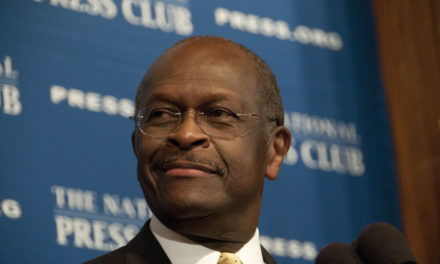President Donald Trump has responded to the jobs report by calling on the Federal Reserve to cut rates and restore the bond-buying program it used to lower longer-term interest rates earlier this decade in the aftermath of the Great Recession, an approach known as “quantitative easing.”
“Our country’s doing unbelievably well economically,” Trump tells reporters on the South Lawn of the White House.
Yet Trump says that he believes the central bank “really slowed us down” with the four rate hikes the Fed imposed last year which he says were unnecessary because there is “very little if any inflation.”
“In terms of quantitative tightening, it should actually now be quantitative easing,” Trump says. “I think they should drop rates, and they should get rid of quantitative tightening. You would see a rocket ship.”
Trump has announced he intends to nominate to conservative political allies, Stephen Moore and former 2012 GOP presidential candidate Herman Cain for two current vacancies on the seven-member Fed board.
Economists say solid hiring and modest wage gains in Friday’s jobs report for March probably aren’t enough to change the Federal Reserve’s current plans to hold off on additional interest rate hikes.
Fed officials as recently as December had suggested they could raise rates twice this year. But in March, after volatile financial markets and signs that inflation was slipping, the Fed said it would keep rates unchanged this year.
The data in Friday’s report “are not strong enough to dislodge the Fed from its current policy path,” says Joe Brusuelas, chief economist at RSM, a consulting firm. Brusuelas expects the Fed will remain on hold “likely through 2020.”
The figures suggest that February’s meager job growth, which was revised to 33,000 from an initial 20,000, was a temporary blip and that businesses are confident the economy remains on a firm footing. Still, the U.S. faces several challenges, including cautious consumers, slower growth in business investment, and a U.S.-China trade war that is contributing to slower growth overseas.
© The Associated Press. All rights reserved.




